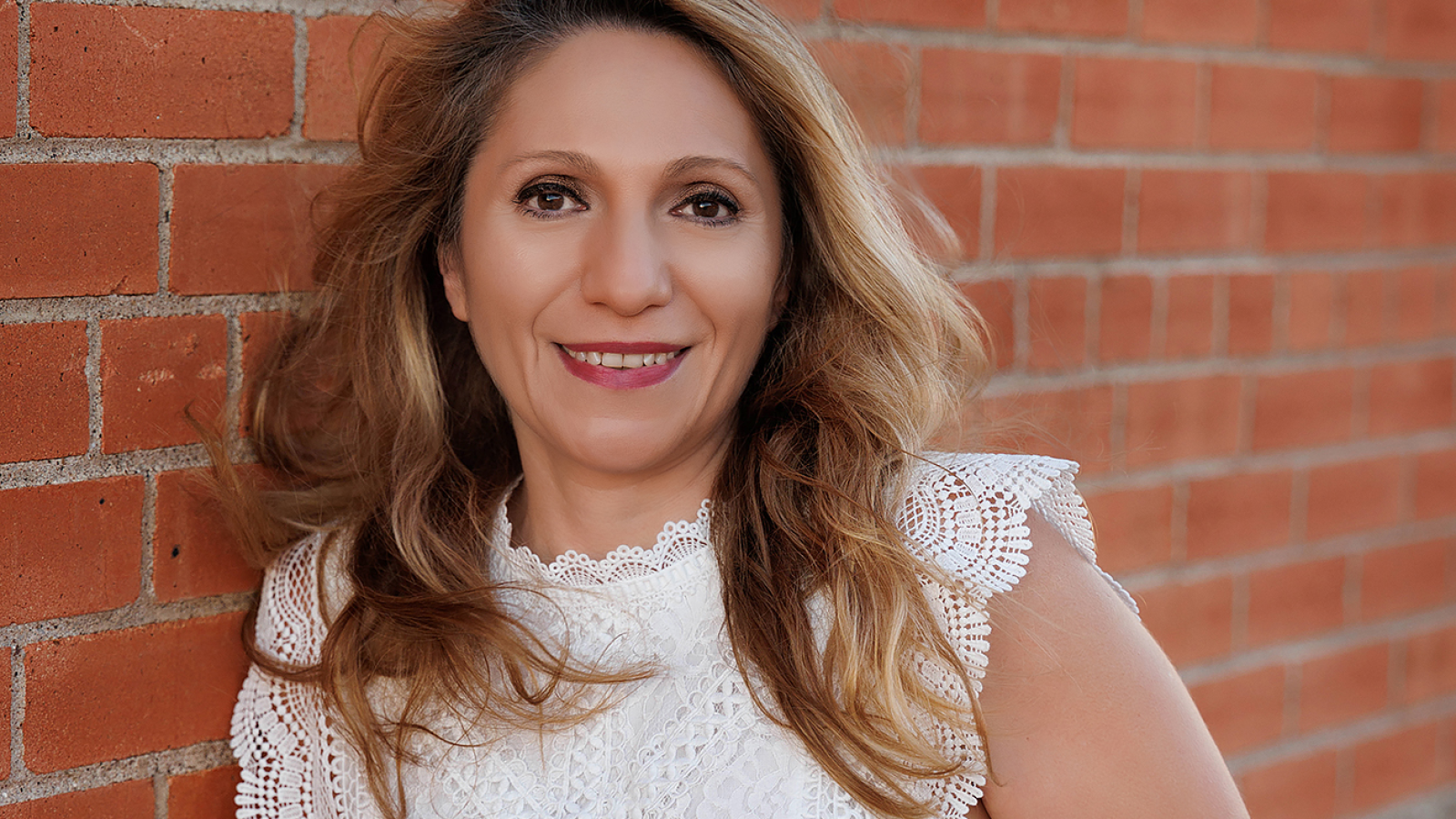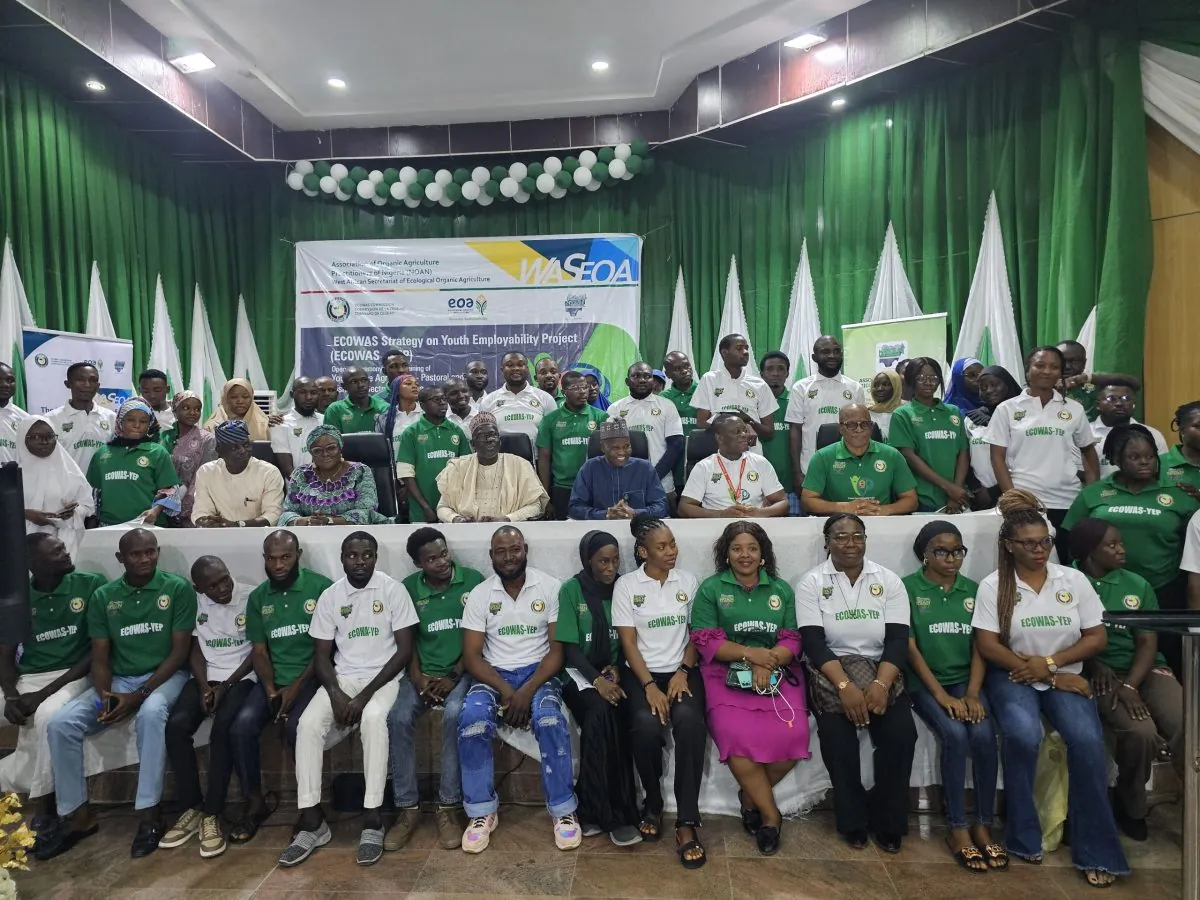Help Hope Solutions Celebrates Almost 20 Years Of Supporting Children With Delayed Developmental Disorders
By Adam Bent
Copyright ibtimes

Help Hope Solutions, a multidisciplinary clinic specializing in interventions for developmental disorders, is proudly celebrating almost 20 years of dedicated service. Through a range of therapies specifically designed to address skill deficits, the clinic has improved the quality of life for countless individuals and their families.According to the WHO, one in 127 adults was diagnosed with autism in 2021. Although awareness of developmental delays has been increasing in the past few years, effective therapeutic interventions remain out of reach for many.As these disorders have no permanent cure, early diagnosis and intervention are essential for improved outcomes. However, stigma around seeking professional help often prevents families from making timely decisions. Breaking through this barrier, Cristina Busu has supported numerous individuals and families through her organization, Help Hope Solutions.In 2007, Busu established Help Hope Solutions after realizing a serious gap in social development interventions. When Busu was working as a therapist, she observed that most professionals concentrated primarily on speech, often overlooking other crucial aspects of social development.”The focus back then was just on language, and the belief was that if you teach kids how to talk, then they will automatically become social,” Busu recalls. “The first sign of autism is not language, but lack of engagement.”To bridge this gap, she started her own practice through Help Hope Solutions that gives equal importance to interventions encouraging social engagement. Despite focusing only on early interventions, Busu supports children and adults aged up to 21 years old.The ABA therapy offered at the clinic breaks down complex tasks into smaller, manageable steps, motivating patients toward success. This approach increases desired behaviors, decreases inappropriate behaviors, and teaches new skills in cognitive, social, and language development.Over the past two years, the clinic has expanded to include speech therapy, occupational therapy, and physical therapy under one roof. Rather than sending patients to different providers for various services, Help Hope Solutions now offers comprehensive support in one location.Their speech therapy focuses on improving language, communication, cognitive skills, and fluency disorders. Occupational therapy targets motor and adaptive delays, enabling children to perform daily activities such as eating, writing, and walking independently. Physical therapy addresses movement, motor development, and body function, also providing adaptive equipment to enhance results. The clinic additionally offers age-based group programs, including reading and executive-functioning programs.All these therapies are customized; before enrollment, each patient undergoes an assessment to develop a tailored program. Therapy plans are reviewed and revised every six months to ensure progress. Monthly parent meetings are also organized to review children’s progress, and parents are trained to support therapy practices at home.Busu’s passion for serving children with developmental disorders continues to drive her toward experimenting with innovative solutions. One notable example is her alternative approach for non-verbal children with autism. Traditionally, these children are given devices to communicate, but if a desired word or phrase is not programmed into the device, communication remains limited. To overcome this, Busu introduced typing as an alternative method. “A non-verbal child in our care typed ‘I love you’ to his mother for the first time,” Busu shares.Help Hope Solutions also stands out for its distinctive approach. Over the past 18 years, the clinic has developed a proprietary curriculum designed through direct interaction with clients and children. It ensures attention is given to each child on a 1:1 ratio. Another distinguishing factor is that the clinic hires therapists as full-time employees, unlike many centers that rely on part-time staff. Busu notes that this strategy “improves the productivity” of therapists and ensures consistent care for patients.In the future, Busu plans to publish both her main curriculum and her non-verbal curriculum to raise the standard of therapy for developmental delays. She also aspires to open a school where educational programs and therapeutic interventions are combined, offering students a chance to learn and grow in an integrated environment.



